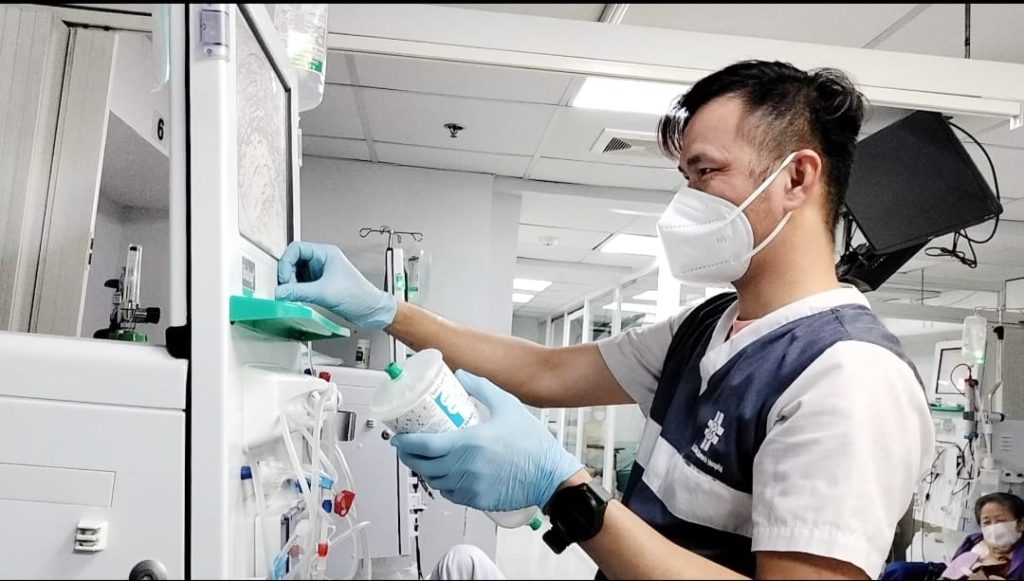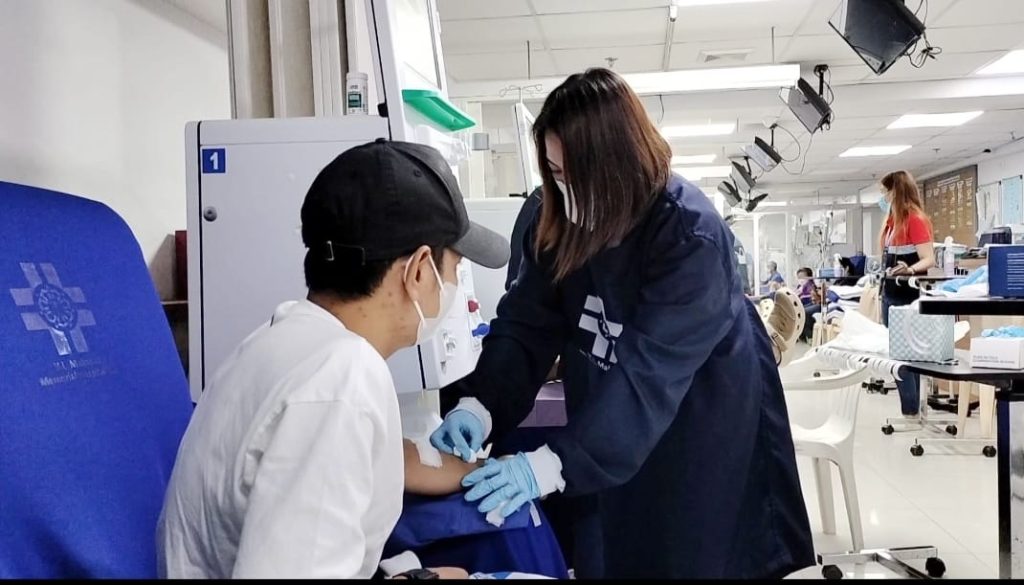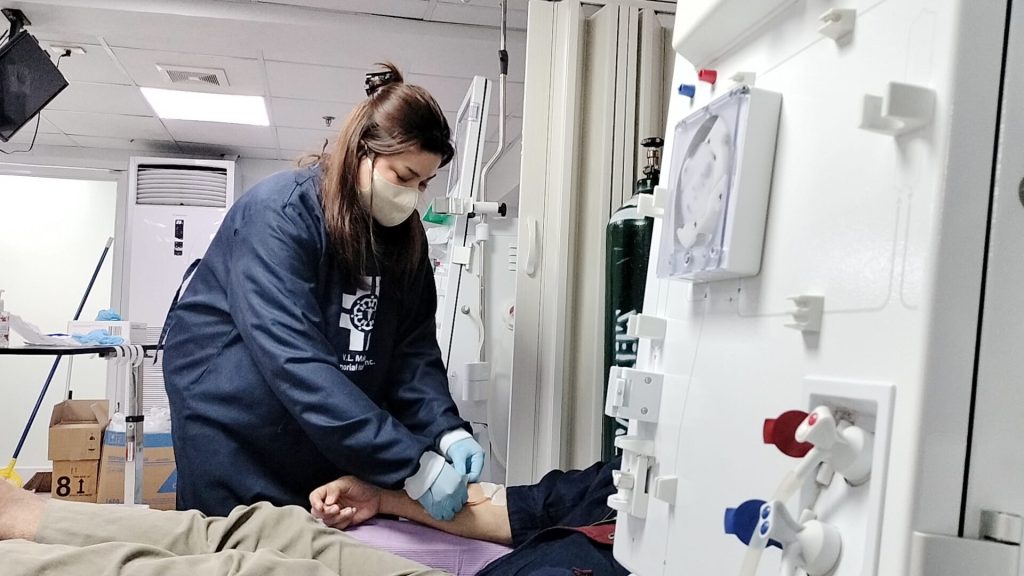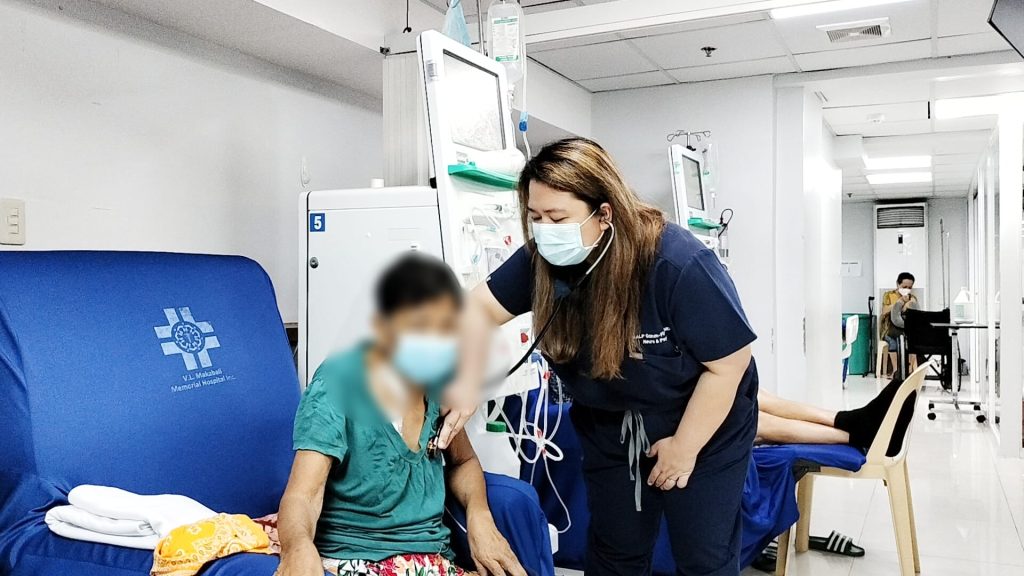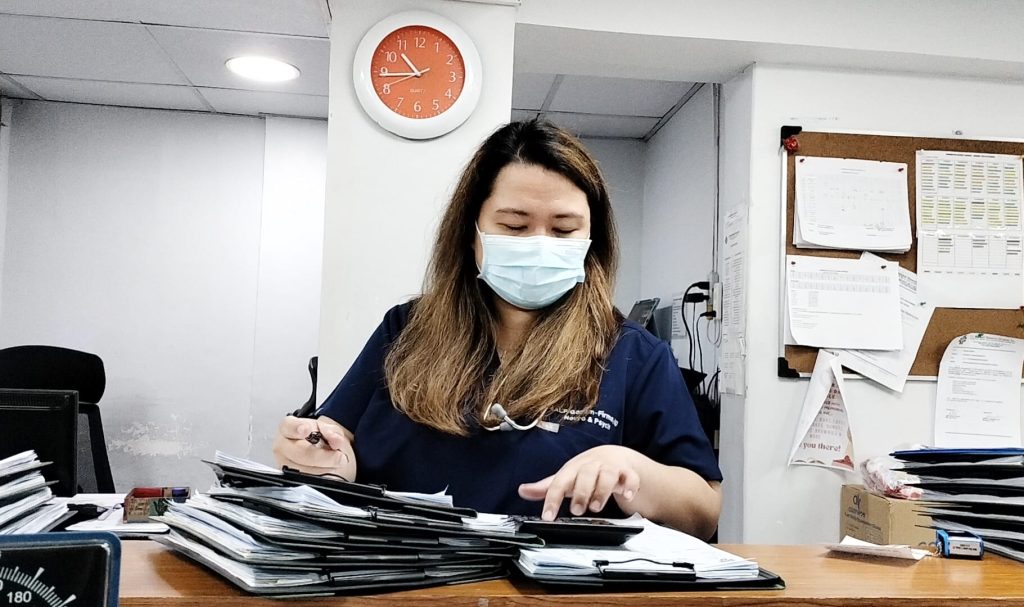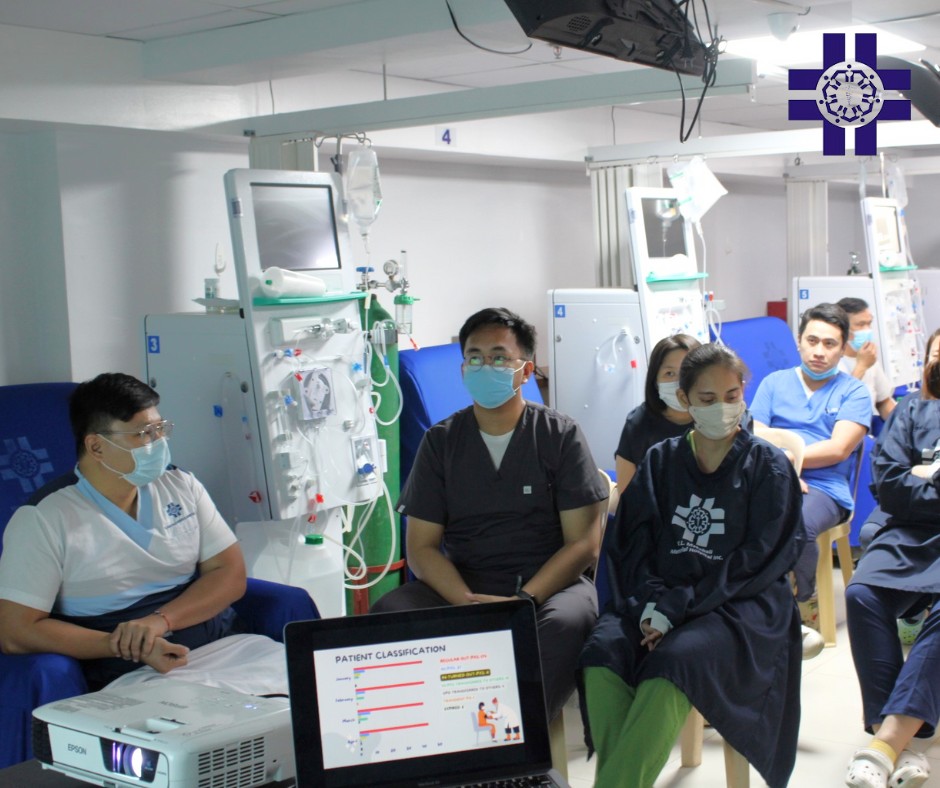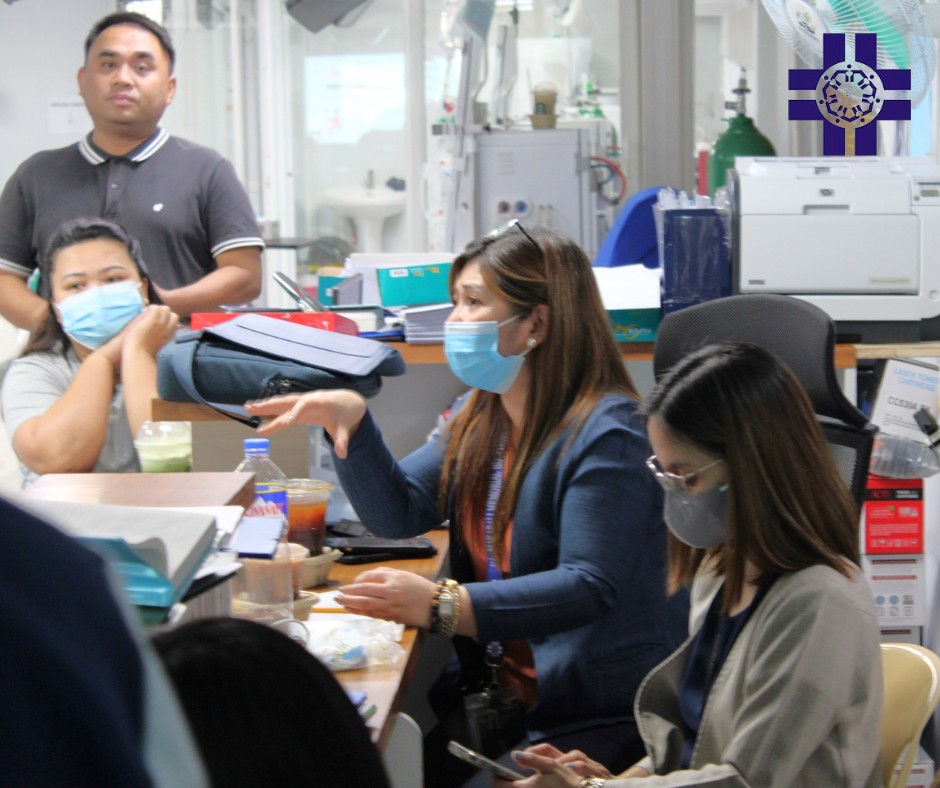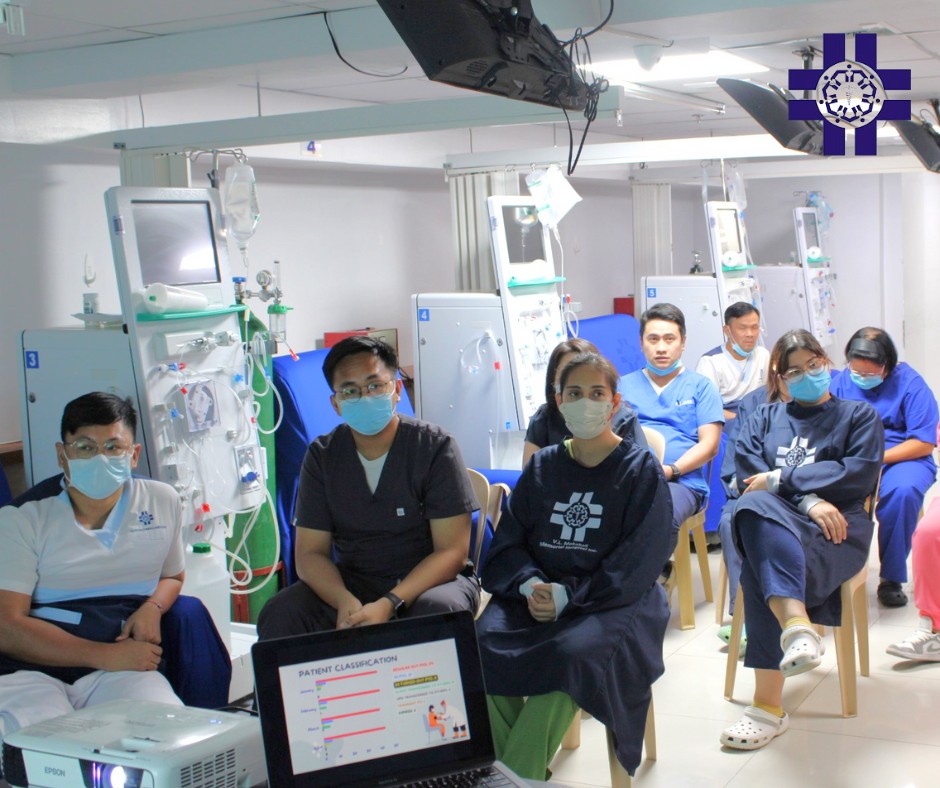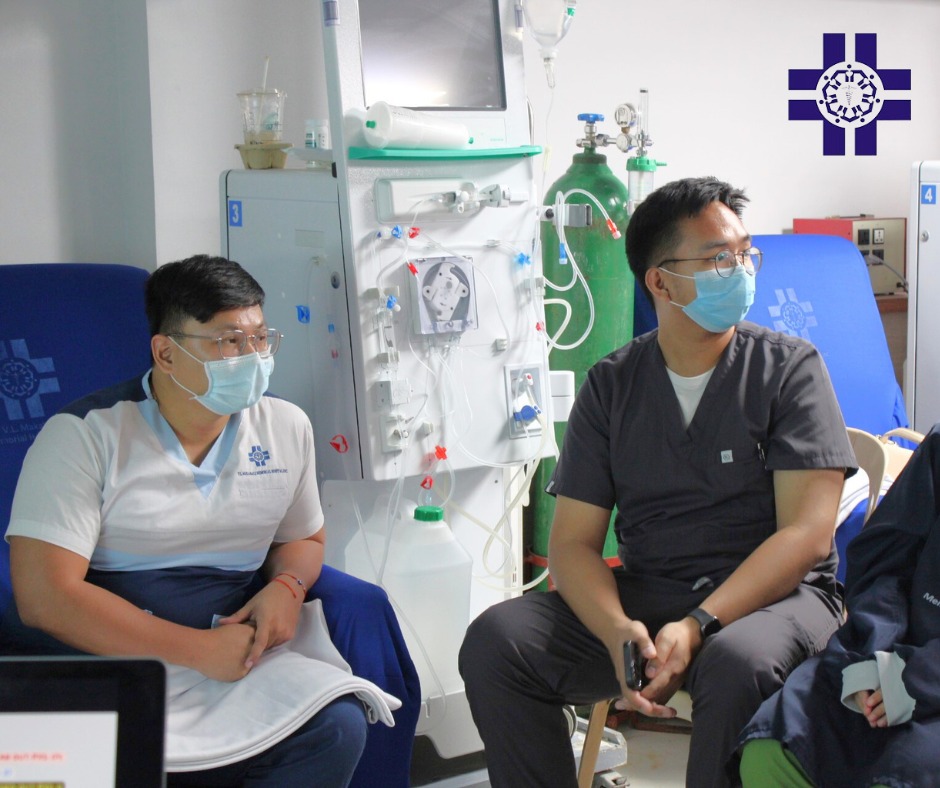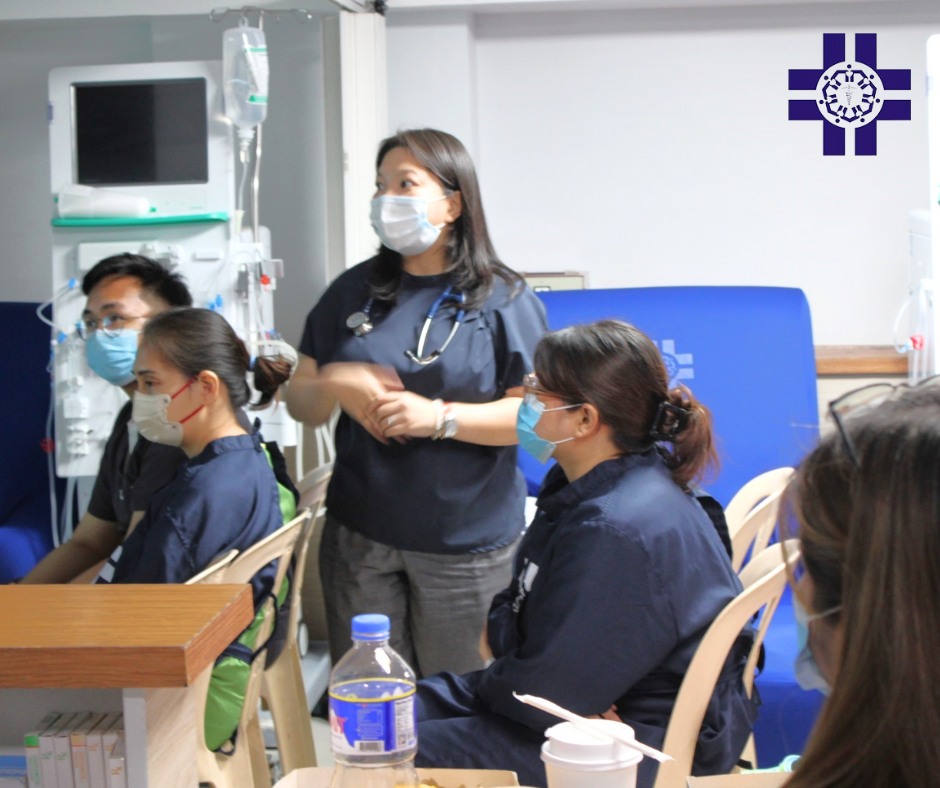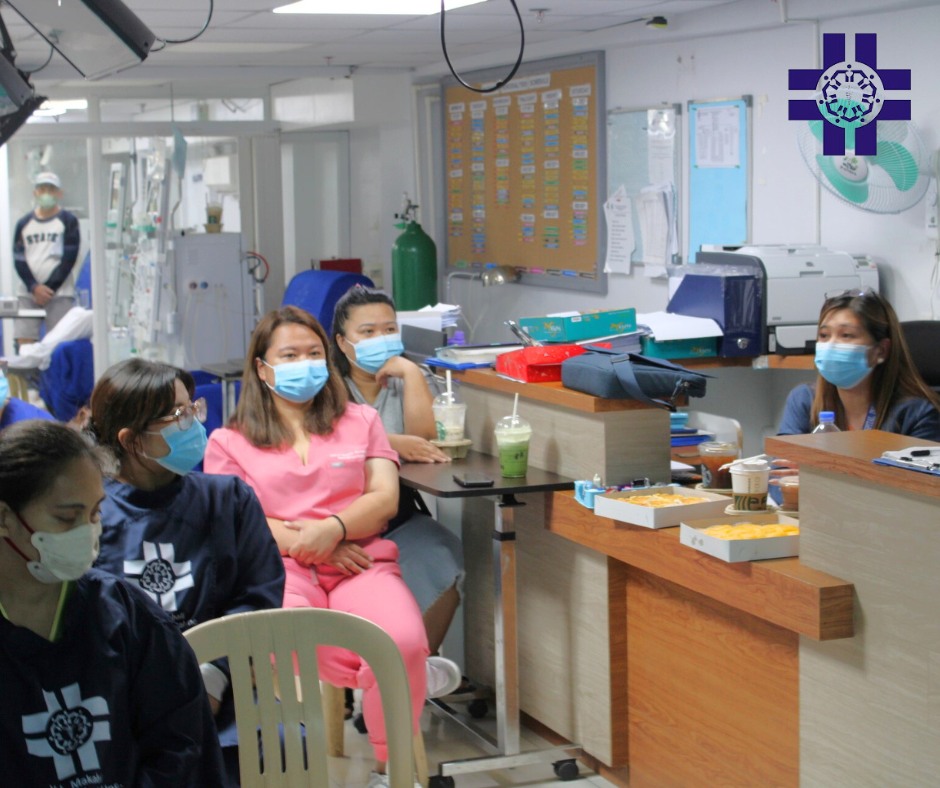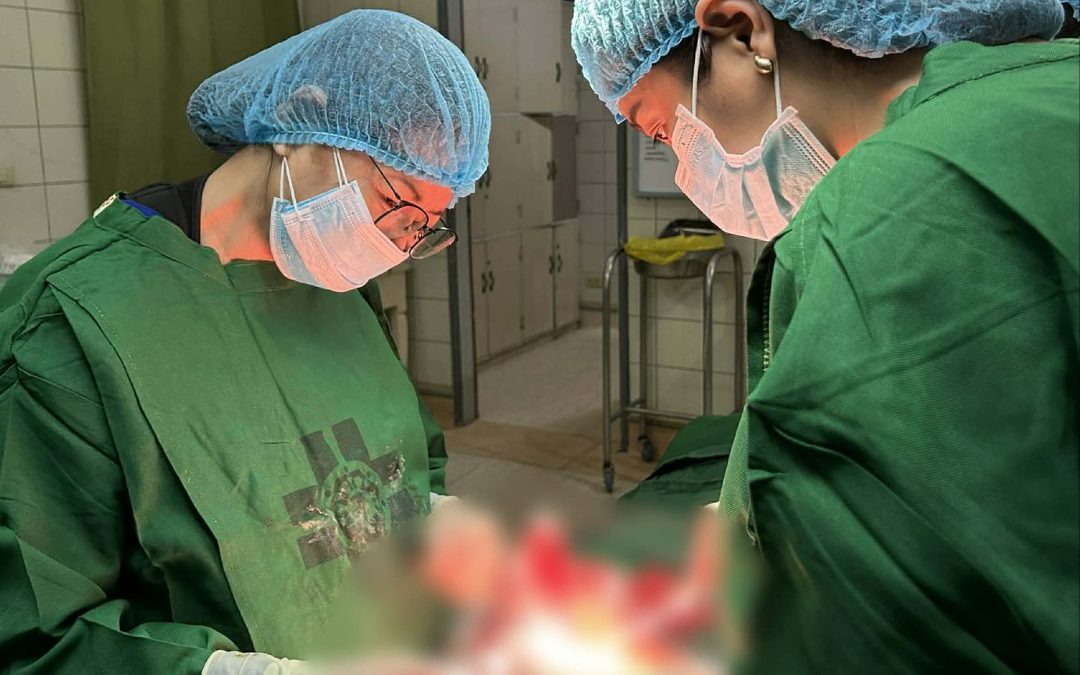At V.L. Makabali Memorial Hospital, dialysis services are dedicated to offering the highest standard of care to patients with kidney failure or chronic kidney disease. The hospital combines advanced technology, a skilled healthcare team, and a compassionate approach to ensure optimal patient outcomes. Here’s a detailed look at how dialysis care is provided at V.L. Makabali Memorial Hospital:
1. State-of-the-Art Dialysis Equipment
- Advanced Dialysis Machines: V.L. Makabali Memorial Hospital utilizes the latest in dialysis technology, ensuring efficient and safe blood filtration during treatment. This includes high-quality hemodialysis machines that remove waste products, excess fluids, and toxins from the blood.
- Water Purification Systems: The hospital employs a sophisticated water treatment system to ensure that only purified water is used for dialysis, minimizing the risk of infections and complications.
2. Comprehensive Patient Care
- Personalized Dialysis Plans: Each patient receives a customized care plan tailored to their individual needs, based on their condition, lifestyle, and type of kidney failure. Both hemodialysis and peritoneal dialysis options are available, allowing the healthcare team to select the best treatment method for each patient.
- Continuous Monitoring: Throughout the dialysis process, patients are closely monitored by experienced healthcare professionals. Vital signs, fluid levels, and laboratory results are carefully observed to ensure optimal treatment.
3. Expert Healthcare Team
- Nephrologists: The hospital has a team of expert nephrologists who specialize in kidney care. They oversee the management of dialysis treatment, monitor kidney function, and adjust therapy based on the patient’s progress.
- Dialysis Nurses: Skilled dialysis nurses are responsible for operating the dialysis equipment, monitoring patient safety, and offering personalized care during each treatment session.
- Dietitians and Nutritionists: Registered dietitians work with patients to develop meal plans that support kidney function, helping to manage important nutrients like potassium, sodium, and phosphorus, as well as fluid intake.
- Social Workers and Counselors: Emotional and social support is integral to patient care at V.L. Makabali Memorial Hospital. Social workers provide assistance with navigating healthcare logistics, and counselors offer support for patients coping with the emotional challenges of kidney disease.
4. Patient Safety and Infection Prevention
- Strict Sterilization Protocols: The hospital maintains rigorous infection control practices, including sterilization of dialysis equipment and ensuring that the dialysis environment is clean and safe. The risk of infections, especially blood infections, is minimized through these practices.
- Vascular Access Care: Proper care and maintenance of vascular access sites (such as fistulas, grafts, and catheters) are a top priority. The hospital ensures that these access points are regularly monitored and maintained to prevent complications like clots or infections.
5. Patient Education and Empowerment
- Comprehensive Education Programs: V.L. Makabali Memorial Hospital offers educational sessions for patients, informing them about their condition, dialysis treatment, and lifestyle changes. Patients are empowered to make informed decisions about their care and are encouraged to participate actively in their treatment planning.
- Diet and Lifestyle Support: In addition to providing information about dietary restrictions and the importance of managing fluid intake, the hospital also educates patients on maintaining an active lifestyle, including physical activities that are safe for dialysis patients.
6. Comfortable Dialysis Environment
- Patient-Centered Care: The dialysis units at V.L. Makabali Memorial Hospital are designed with patient comfort in mind. Spacious and clean treatment areas with comfortable seating ensure that patients feel relaxed and at ease during their dialysis sessions.
- Emotional and Psychological Support: Dialysis can be a long-term commitment, and the hospital provides psychological support to help patients cope with the emotional toll of chronic kidney disease. The compassionate staff offers counseling and emotional support during treatments.
7. Regular Follow-Up and Long-Term Monitoring
- Post-Treatment Care: After each dialysis session, patients receive post-treatment care, including monitoring of vital signs and any potential side effects. Regular follow-up appointments ensure that treatment goals are being met and that any issues are addressed in a timely manner.
- Long-Term Monitoring: V.L. Makabali Memorial Hospital ensures that dialysis patients are regularly monitored for complications or changes in their condition. Blood tests, ultrasound scans, and other diagnostic tools are used to track the patient’s kidney function and overall health.
8. Commitment to Quality and Excellence
- Accreditation and Certifications: The hospital follows national and international guidelines for dialysis care, maintaining high standards of quality and safety in all areas of patient care. The hospital’s commitment to excellence ensures that all dialysis procedures meet the highest standards.
- Continuous Staff Training: Healthcare providers at V.L. Makabali Memorial Hospital regularly undergo training to stay up-to-date with the latest advancements in dialysis technology, treatment protocols, and patient care practices.
9. Collaborative Care Approach
- Team-Based Care: The hospital fosters a collaborative approach to care, with regular communication among nephrologists, nurses, dietitians, social workers, and other healthcare professionals. This ensures that every aspect of the patient’s health is addressed in a holistic manner.
- Communication with Family Members: The hospital encourages family involvement in the care process, ensuring that loved ones are informed and involved in the patient’s treatment plan.
